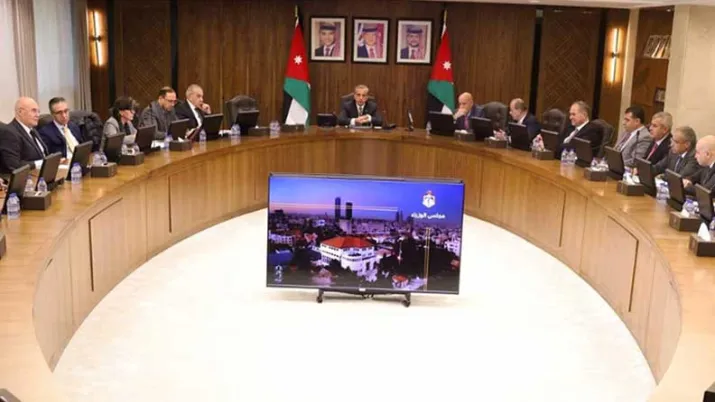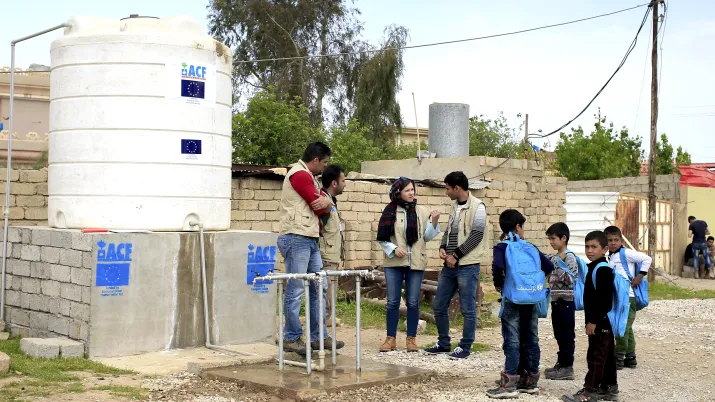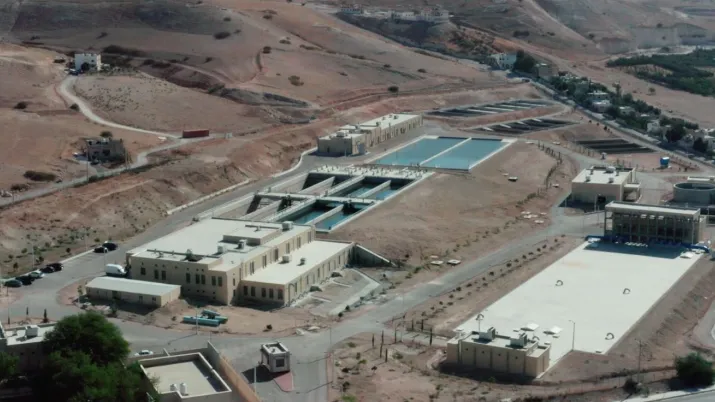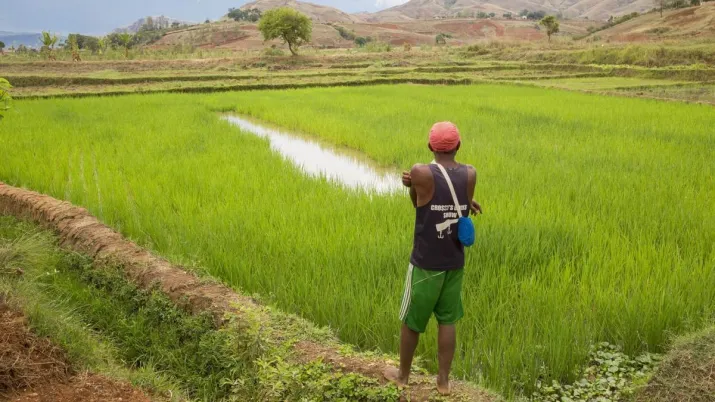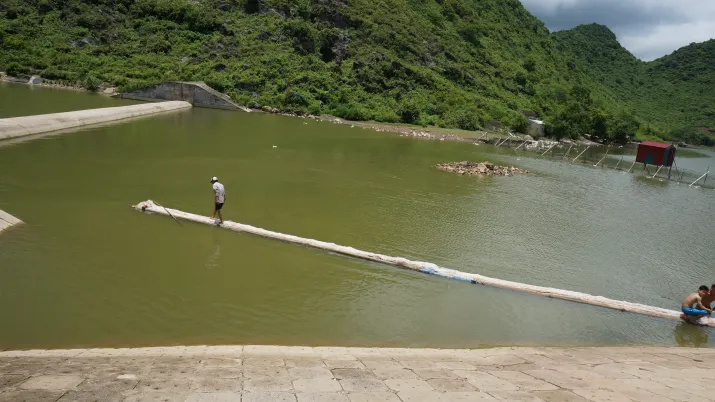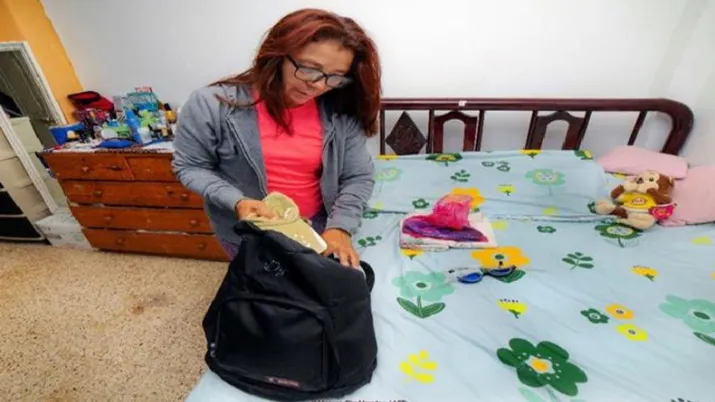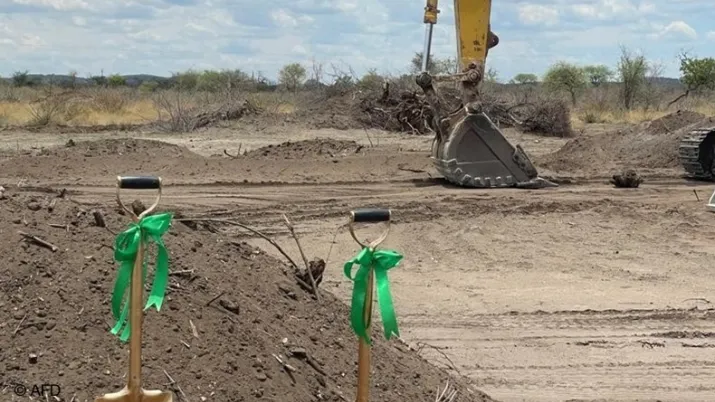Share the page
Agricultural Livelihoods Project in Northern Jordan (ALPIN)
Project
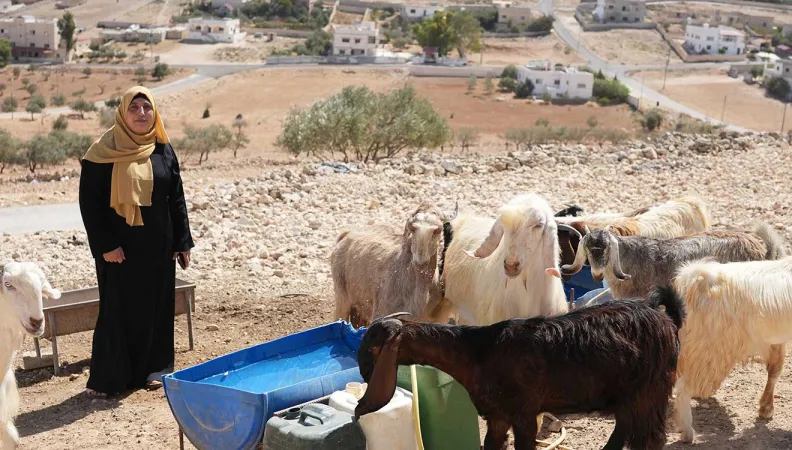

-
Project start date
-
Status
Ongoing
-
Project end date
-
-
Project duration
-
3 years
-
AFD financing amount
-
€ 17 000 000
-
Country and region
-
Location
-
Jordan
-
Type of financing
-
Beneficiaries
-
ACTED and NRC
The project aims to reinforce small farms, develop income diversification, and improve working conditions in the agriculture sector in the north of Jordan, for refugees and vulnerable Jordanian population.
Context
As the second-largest refugee-hosting country in the world, Jordan faces significant pressure on its economy and natural resources.
It suffers from high unemployment and increased vulnerabilities, with nearly 16% of Jordanians and 78% of Syrian refugees living below the poverty line. Most male Syrian refugees work in the agricultural sector, while women engage in activities that can be carried out at home when possible. Large disparities in women’s access to work remain, mainly due to social and cultural barriers, low financial incentives and a lack of skills. A 2018 study by the International Labour Office highlighted the need for better working conditions and training on farms. While it contributes to 4% of the Gross Domestic Product and 3.2% of employment, agriculture mobilizes about 53% of water consumption in Jordan.
In response to these challenges, the country’s agricultural policies have focused on the sustainable management of water resources, food sovereignty and exports. The government has taken steps to facilitate access for Syrian refugees to the formal labour market in this sector. Given their importance in creating economic opportunities for the most vulnerable, the Ministry of Labour also promotes the formalization of home-based micro-enterprises.
Description
The project aims to promote the economic empowerment of vulnerable Syrian and Jordanian smallholder farmers and agricultural workers through a set of interventions aiming at increasing and diversifying their incomes, the adoption of climate-smart farming practices, such as agroecology, and the promotion of decent working conditions. The beneficiaries targeted by the two consortia are Syrian refugees and, in their host communities, vulnerable Jordanian populations
The Agricultural Livelihoods Project in Northern Jordan (ALPIN) consists of two sub-projects. The first, “GrowEconomy”, will be implemented by a consortium led by ACTED in the governorates of Ajloun, Irbid, Madaba and Balqa. The second project, called “20 Dunums for Change (20D4C)”, led by NRC, will cover the governorates of Irbid and Mafraq.
The project includes 3 components:
- Technical support and support for family farms. The project will provide technical support to 1,500 smallholder farmers and agro-pastoralists in the targeted area to improve their productivity and diversify their activities, while strengthening their access to markets to increase and secure their incomes, especially during lean periods
- Diversification of livelihoods of precarious agricultural workers. This component aims to improve beneficiaries' access to regular income throughout the year, through technical training and entrepreneurship, strengthening their financial skills and professional guidance services
- Improving working conditions and combating child labour. Through this component, the project aims to improve working conditions on farms, ensure better representation of women in advocacy and public dialogue, and fight against child labour, through capacity building, social support for families, awareness campaigns and advocacy on decent work standards.
The project will be financed entirely by a grant (Minka Middle East initiative) from AFD, for a budget of 17 million euros and over a projected duration of 36 months.
Impacts
The project will directly support 1,500 family farms (including 565 managed by women), or 9,000 people and 3,150 seasonal workers (including 1,425 women and more than 1,575 Syrian refugees) through the creation or strengthening of 1,220 micro-enterprises and the improvement of agricultural practices and the marketing of local products.
In addition, 9,050 farmers, farm workers, civil society organizations and employers will benefit from labour law training and legal assistance to ensure compliance with standards for conditions of employment, health and safety. The project will also provide targeted support to 960 children, to prevent them from being exposed to work obligations incompatible with their development.



